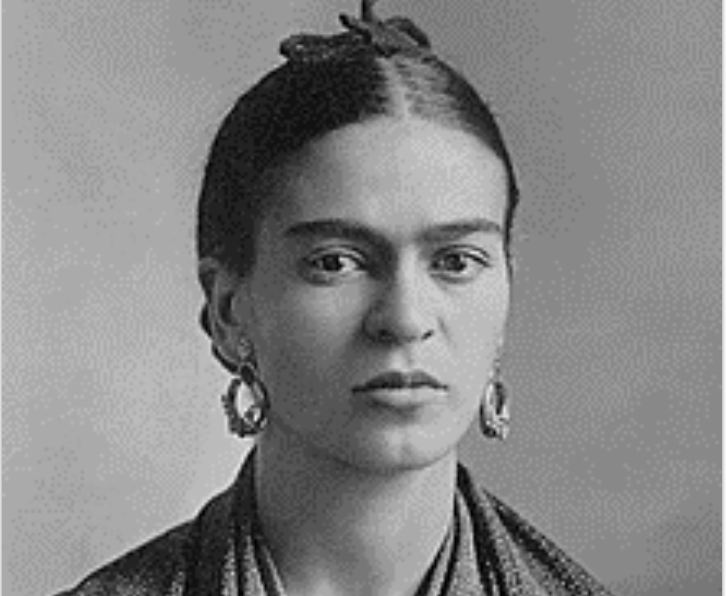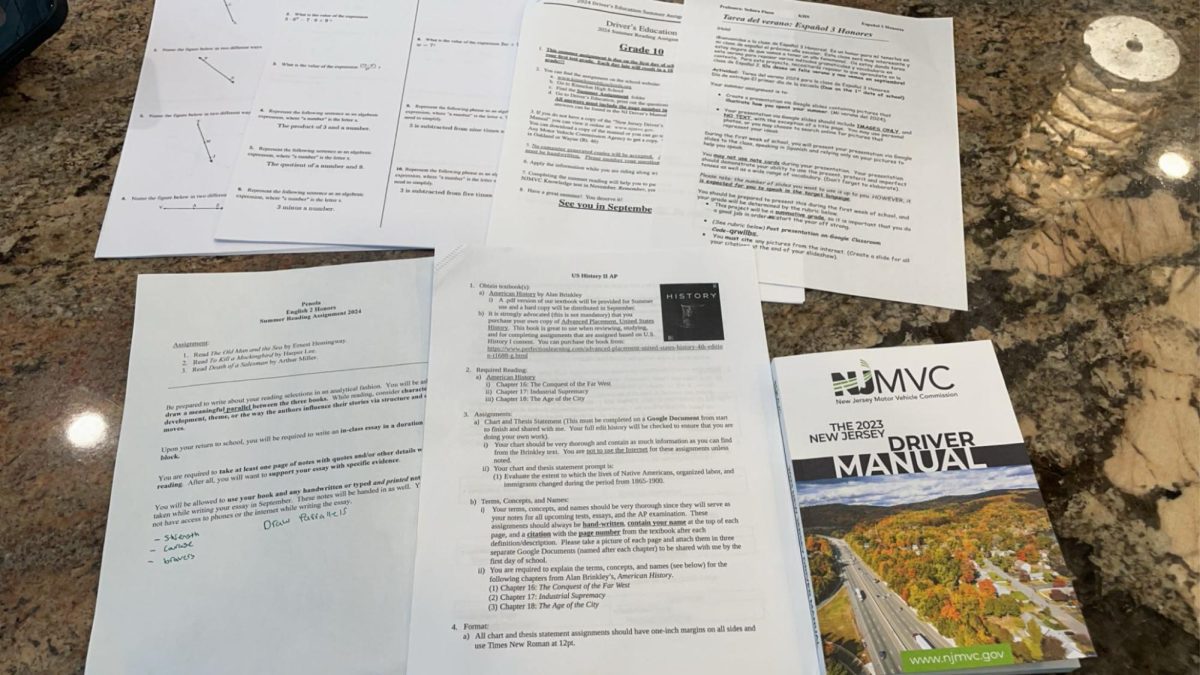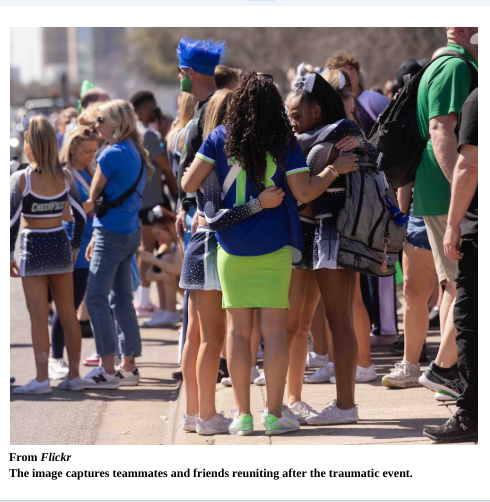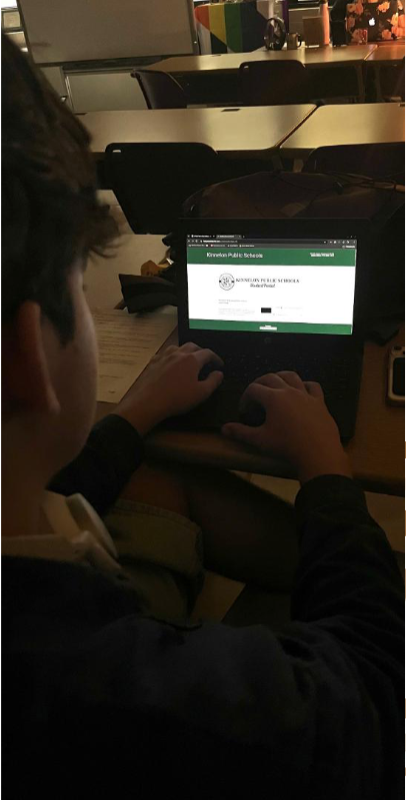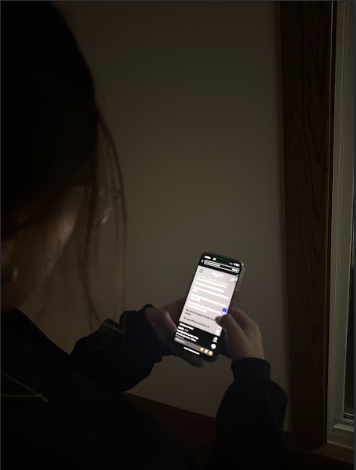Minorities everywhere fight for their rights to simply exist with tireless strength. Gay pride parades are annual, and the Women’s March is drawing widespread support and popularity. However, one minority rarely acknowledged are persons with disabilities.
“Persons with disabilities” is a very broad and impactful characterization. In fact, according to a study conducted by Cornell from 2008-2018, over 40 million people in the United States reported living with a disability. These are only the disabilities reported by residents of the United States. Throughout the entire world, there are people living with disabilities. Unfortunately, there is a severe lack of education on the struggles of disabled persons and the magnitude of those who are affected by disabilities.
In honor of the International Day of Persons with Disabilities, the Colt Chronicle asked students and staff to reflect on the education they receive on all minority groups. Then the Colt Chronicle asked them to share if they ever received a similar learning experience oriented towards persons with disabilities.
Senior Rachel Dillon commented on the issue: “I believe education on disabilities isn’t approached. We’re taught to be kind and respectful verbally, but we truly learn by example, and when we see everyone turn away and avoid contact with the disabled, we follow suit. I have never received any kind of extensive education on that minority group.”
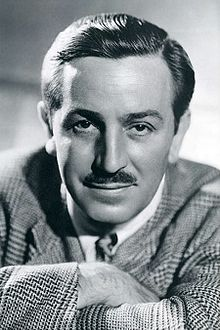
History teacher Erik Brescher also provided an opinion: “…It has been my experience that most students are unaware of what qualifies as a disability. Often, the perception is one of extremes, not of the broad continuum of actual disabilities…Our society approaches this topic in a ham-fisted manner that can never properly convey the reality of what it means to have limitations.”
Students and staff alike realize there is a gap in education about disabilities and the people affected by them. Dillon brought up a disappointing truth about the hypocritical nature in which non-disabled people are taught to act towards the disabled. The reason we turn away and avoid contact is that we do not receive education to help understand this minority group.
Brescher also touched upon that fact when he discussed the restricted manner in which society approaches education on disabilities. As he pointed out, we will never be able to effectively approach the topic and treatment of persons with disabilities if we “can never properly convey the reality of what it means to have limitations.”

